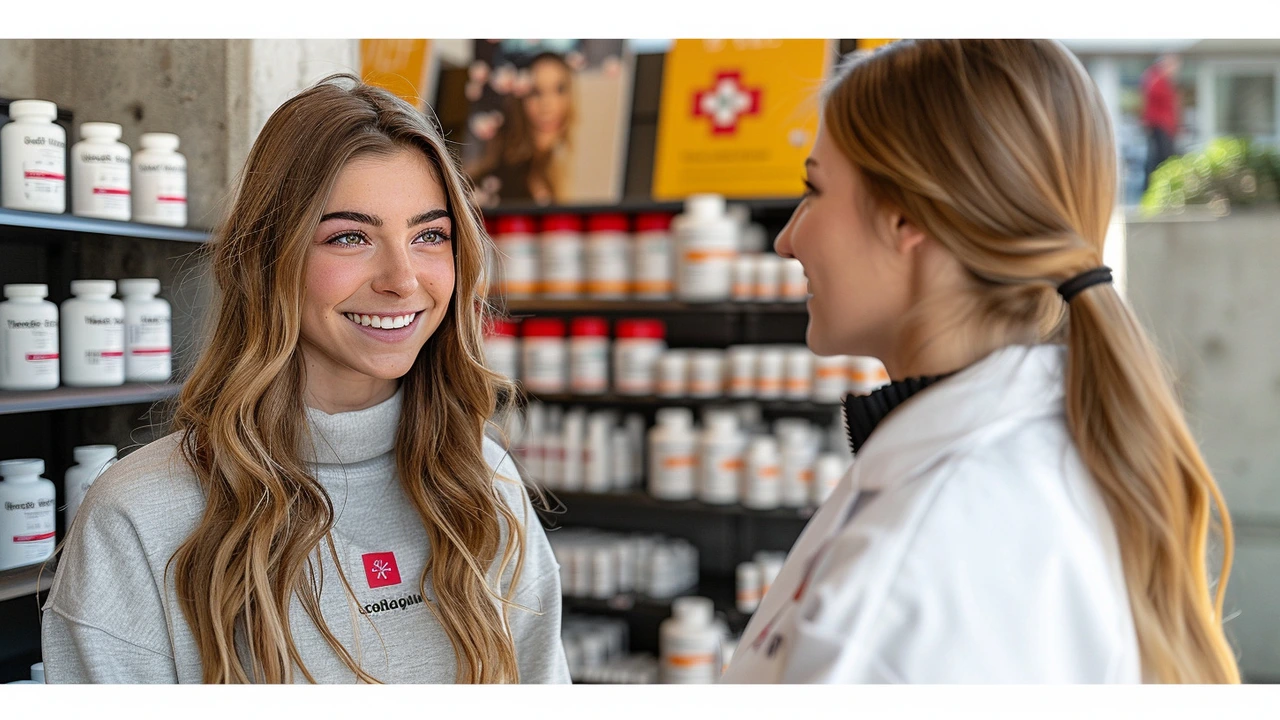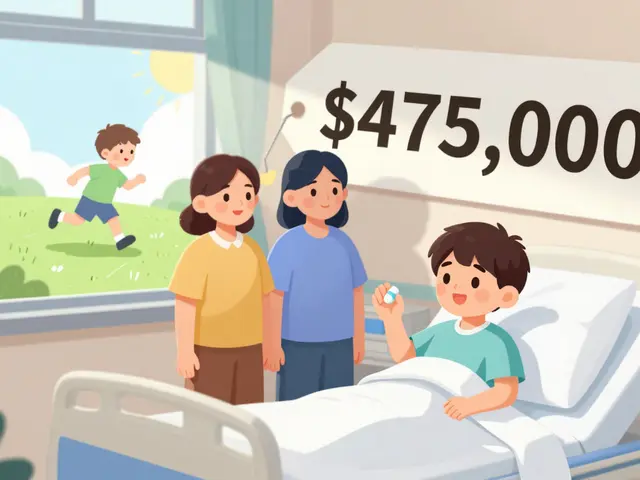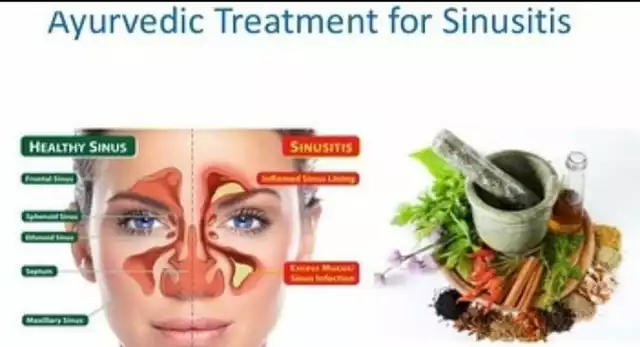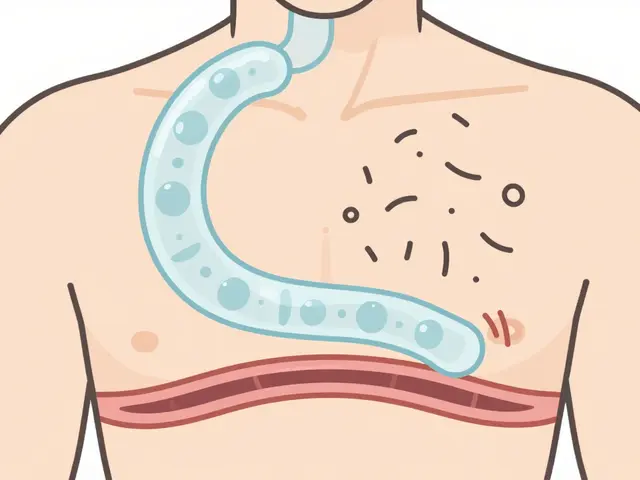Healthcare tips for safe meds, online purchases, and everyday drug use
Want to keep your medicines effective and avoid scams? This page pulls practical tips from clear guides and real-world drug pages so you can make smarter choices fast. You’ll find steps for buying meds online, how to spot fake pharmacies, common drug warnings, and simple routines to keep your treatment on track.
How to buy meds safely online
Think of buying medicine online like choosing a clinic: check credentials first. Only use pharmacies that clearly display a physical address, phone number, and require a prescription for prescription-only drugs. Look for accreditation seals (for example, NABP or CIPA-like badges) and confirm them on the certifier’s site, not just the pharmacy page.
Quick checklist before you order: verify the pharmacy domain, read recent verified reviews, confirm they ship to your country, and compare active ingredient names (generic vs brand). If a site sells controlled drugs without asking for a prescription or offers prices that are wildly lower than other reputable sellers, walk away.
Protect your data and payment: use a credit card or a trusted payment method that lets you dispute charges. Save order receipts and track shipping. If the pills you receive look different from your usual medication or the packaging seems off, stop taking them and contact your prescriber.
Everyday medication safety tips
Keep a short, updated list of all medications (prescription, OTC, supplements) and share it with every new doctor or pharmacist. This makes spotting interactions easier—like nitrates with erectile dysfunction drugs or other risky mixes. For drugs with narrow dosing or serious side effects (amiodarone/Cordarone, rivastigmine/Exelon, thyroid medicines), schedule regular follow-ups and any recommended blood tests.
Store meds as labeled: some need refrigeration, others dark and dry places. Toss expired medicines safely—don’t flush unless the label says so. Never split or change doses without asking your prescriber; some drugs (certain inhalers, anticoagulants, fertility meds) need precise handling.
If a medication feels like it’s not working (for example, Clomid or antibiotics), contact your provider before switching. There are often safe alternatives, but the best option depends on your diagnosis, allergies, and lab results. Use trusted resources on this site for comparisons and ask your clinician to help choose alternatives.
Questions? Use our guides on spotting fake pharmacies, buying specific drugs safely, and checking interactions. Treat medicines with respect, verify sources, and keep communication open with your healthcare team—those three habits prevent most problems.

How to Store and Handle Tacrolimus Medication Effectively
Storing and handling Tacrolimus medication properly is vital for its effectiveness. Learn practical tips and essential information on maintaining the potency and safety of this important medication. Understand key factors like temperature, humidity, and proper packaging to ensure optimal storage. Get helpful insights on what to avoid and best practices for handling Tacrolimus.
View More




